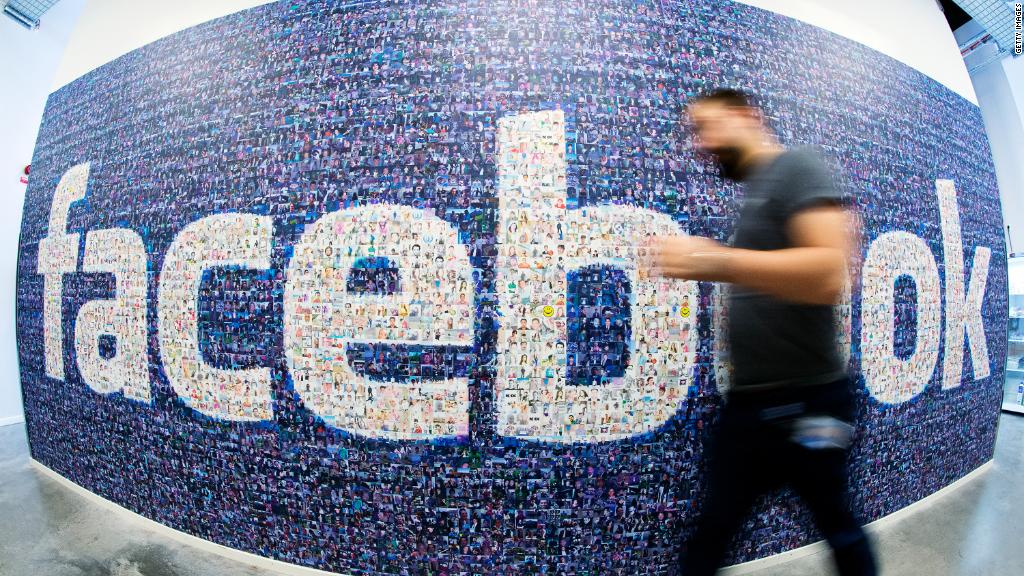
Facebook's artificial intelligence lab is working with New York University's medical school to make MRI exams 10 times faster, which, if successful, would allow radiologists to complete a test in minutes.
Doctors use MRI -- shorthand for magnetic resonance imaging -- to get a closer look at organs, tissues and bones without exposing patients to harmful radiation. The image quality makes them especially helpful in spotting soft tissue damage, too. The problem is, tests can take as long as an hour. Anyone with even a hint of claustrophobia can struggle to remain perfectly still in the tube-like machine that long. Tying up a machine for that long also drives up costs by limiting the number of exams a hospital can perform each day.
Computer scientists at Facebook (FB) think they can use machine learning to make things a lot faster. To that end, NYU is providing an anonymous dataset of 10,000 MRI exams, a trove that will include as many as three million images of knees, brains and livers.
Related: What happens when automation comes for highly paid doctors
Researchers will use the data to train an algorithm, using a method called deep learning, to recognize the arrangement of bones, muscles, ligaments, and other things that make up the human body. Building this knowledge into the software that powers an MRI machine will allow the AI to create a portion of the image, saving time.
"You could be in and out in five minutes. It would be a real game-changer." Daniel Sodickson, vice chair for research in radiology at NYU School of Medicine, told CNNMoney.
The challenge lies in figuring out how to do that without missing an important detail, such as a tiny tear in a ligament. Still, researchers remain optimistic. Preliminary findings released last year by NYU radiologists showed artificial intelligence could be used to reconstruct MRI data.
Making the tests faster would allow radiologists to perform a wider variety of tests, Sodickson said. It's akin to increasing the shutter speed of a camera, so the turbocharged tests could be used to, say, track the beating of a heart, he said.
Facebook started talking to NYU about the project last year because its AI team wanted to work on something with real-world benefits even as it performs basic research, said Larry Zitnick of the company's Artificial Intelligence Research group. It plans to open-source any findings in the hope that sharing the data will encourage others to expand upon its work.

